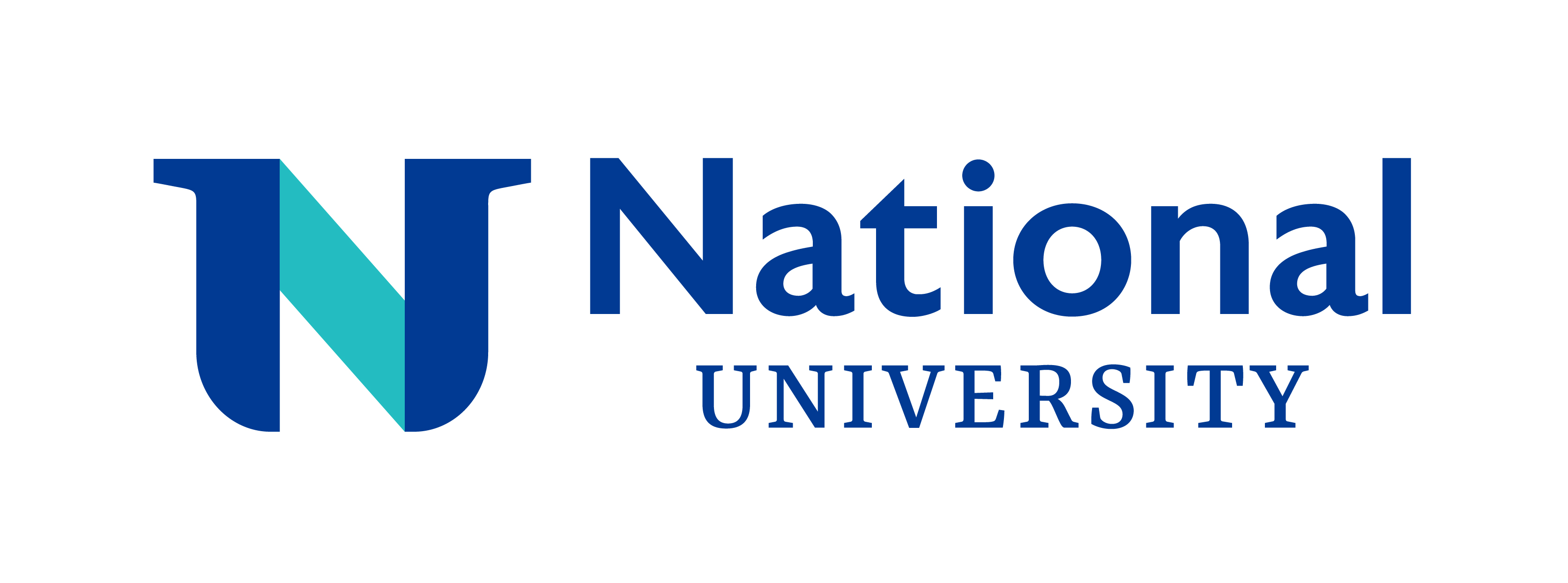TEDX1824X - Advanced Classroom Management: Children as Change Agents
Course Description
| Course Description |
|---|
The Advanced Classroom Management course was developed as an alternative to traditional behavior modification approaches to changing student behavior. Although the course discusses and supports several behavior modification techniques, it goes beyond the boundaries of this approach. ACM teaches a social-cognitive approach to behavioral remediation. It compares and contrasts the two approaches, allowing students to gain a knowledge and understanding of each, but not refuting the use of either approach.
ACM incorporates the use of cognitive restructuring to aid in the modification of student behavior. The course teaches how to assist students in retraining their thinking so they may break old thought patterns that led to many aberrant behaviors. The modification of a student’s thought process allows them to view situations differently, process them differently, and then, be able to react to those situations in a more socially acceptable manner.
This course also teaches how to motivate students to be their own agents of change. It gives teachers useable strategies on how to teach self-motivation skills to classroom students. When students learn these self-motivation techniques, they begin altering behavior and responding to social situations and events more positively without parent or teacher intervention.
Essentially this course teaches teachers how to train students to recognize, evaluate, and respond to difficult interpersonal, classroom, school, and social situations with limited outside intervention. When students learn how to retrain their negative thought process and become better problem solvers, it takes the pressure of remediation off the teacher and places it on the student where it belongs. When this process is taught and used correctly, it will significantly reduce the number of interpersonal conflicts a teacher needs to deal with during school days and free up more time for academic instruction.
Stress has become a concern for children in primary grades all the way through adult life. The demands of today’s fast paced society where social media and group e-interactions can dramatically affect our thoughts, beliefs, concerns and stress level. Student who have not been taught effect stress management techniques can easily find themselves overwhelmed and trying to deal with and relieve stress in unhealthy ways, some of which may place the child or adolescent in danger. The course reviews many situations that can increase stress and a variety of methods to reduce overall stress.
Since this is an advanced classroom management course, it is strongly suggested that students taking this course have some type of formal course training in either behavior modification or classroom management. Classroom experience can be substituted for actual course training, but even experienced teachers should have some background training in classroom management or behavior modification.
| Learning Objectives |
|---|
- Know the terminology in the areas of behavior management, self-management and cognitive-behavior modification
- Know the relative merits and limitations of the behavioral and social-cognitive approaches to behavior management
- Understand the rationale for teaching students how to self-manage their behavior
- Understand the roles that cognitions and emotions play in the development of behavior problems
- Apply the self-management strategies covered in the course to the behavior problems of theirown students
- Review some of the factors that cause stress in classroom, school and social settings
- Discuss various methods that may be employed to effective lesson or completely eliminate stress
- Diagnose behavior problems and assess the efficacy of self-management interventions
- Increase the probability of students using self-management strategies in and outside of the classroom setting
- Teach problem solving skills that allow students to better resolve social, emotional, behavioral and academic issues
- Describe how to modify the classroom learning environment to decrease social, emotional and behavioral problems
- Learn to adapt instructional strategies to increase the chance of student academic success
| Prerequisites |
|---|
There are no prerequisites.
| Notes |
|---|
As a student you will be expected to:
- Complete all four information sections showing a competent understanding of the material presented in each section.
- Complete allfour section examinations, showing a competent understanding of the material presented. You must obtain an overall score of 70% or higher, with no individual exam score below 50%, to pass this course. *Please note: Minimum exam score requirements may vary by college or university; therefore, you should refer to your course addendum to determine what your minimum exam score requirements are.
- Complete a review of any section on which your examination score was below 50%.
- Retake any examination, after completing an information review, to increase that examination score to a minimum of 50%, making sure to also be achieving an overall exam score of a minimum 70% (maximum of three attempts). *Please note: Minimum exam score requirements may vary by college or university; therefore, you should refer to your course addendum to determine what your minimum exam score requirements are.
- Complete a course evaluation form at the end of the course.
| Estimated Time of Completion |
|---|
30 Hours
| Access Time |
|---|
365 Days
| CEU / PDU Outcomes |
|---|
3.0 CEUs
For Additional Information Visit: https://www.virtualeduc.com/html_syllabus/ACM/ACM_UP3_syllabus.htm








